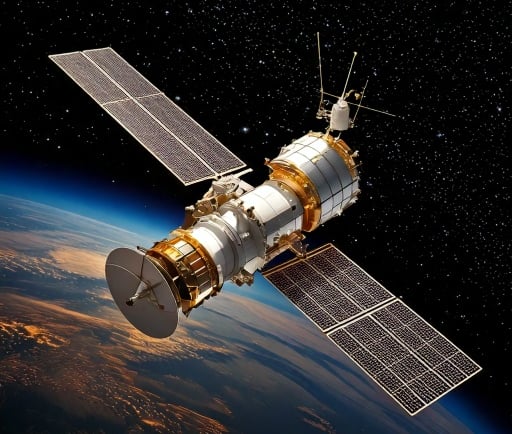Detecting the Universe: The Role of the Transiting Exoplanet Survey Satellite


Introduction to the Transiting Exoplanet Survey Satellite
The Transiting Exoplanet Survey Satellite (TESS) is a groundbreaking space telescope designed to assess the presence of exoplanets outside our solar system. Launched in April 2018, TESS has quickly become an essential instrument in the field of astronomy, utilizing the transit method to identify new exoplanets across a vast area of the sky.
Functionality and Methodology of TESS
TESS's primary task is to monitor over 200,000 stars in a region of the sky that is approximately 400 times larger than previous exoplanet programs. The transit method involves tracking the brightness of stars and identifying moments when an exoplanet passes in front of them. This dip in brightness can indicate the presence of a planet. By systematically observing a variety of stars, TESS can gather extensive data, yielding a wealth of information about planetary systems.
Significance of TESS in Exoplanet Research
The contributions of the Transiting Exoplanet Survey Satellite to astronomy are monumental. In the relatively short time since its launch, TESS has already discovered thousands of potential exoplanets, many of which are Earth-sized or smaller. This capability allows scientists to focus on planets that fall within the habitable zone of their respective stars, thus accelerating the search for potentially habitable worlds beyond Earth.
Furthermore, TESS's findings will pave the way for future research missions, such as the James Webb Space Telescope, which will focus on analyzing the atmospheres of these newly discovered exoplanets. As TESS continues to scan the cosmos, its ability to detect exoplanets and contribute to our understanding of their characteristics will deepen our insight into the frequency of planetary systems in the universe.
In conclusion, the Transiting Exoplanet Survey Satellite represents a significant leap in the search for extraterrestrial worlds. By employing the transit method in a much larger area of the sky, TESS enhances our knowledge of the universe, making it an invaluable asset in the ongoing quest to discover exoplanets and explore the potential for life beyond our solar system.
